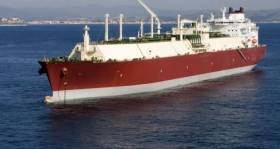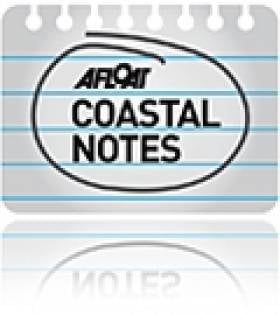Displaying items by tag: liquefied natural gas
Plans by US Firm to Supply One-Third of Ireland's Natural Gas
#CorkHarbour - An energy company from the US writes RTE News has announced details of a project to ship more than €300 million worth of natural gas per year from its gas field in Texas to Cork Harbour, to be piped into the national grid.
The gas firm NextDecade as previously reported on Afloat says it plans to supply one third of Ireland's natural gas requirements once the project is operational. Natural gas supplies around a quarter of Ireland's energy requirements.
Most of that gas comes from the Corrib gas field and from the depleting reserves in the Kinsale field, but around 40% of it is imported through interconnectors.
For more on the multi-million euro project click here.
Irish Oil Firm Wins Lucrative Australian Gas Field Contract
A US$2 billion-plus contract to work in the Gorgon gas fields project in Western Australia has gone to Irish oil company Kentz, the Irish Echo reports.
The work involves support in various aspects of the construction of three processing plants for liquefied natural gas from the Greater Gorgon fields - some 130km from the northwest coast of Western Australia - with a total annual capacity of 15 million tonnes.
According to Kentz, the contract will create more than 1,650 jobs for construction personnel in Western Australia.
The Irish Echo has more on the story HERE.

























































